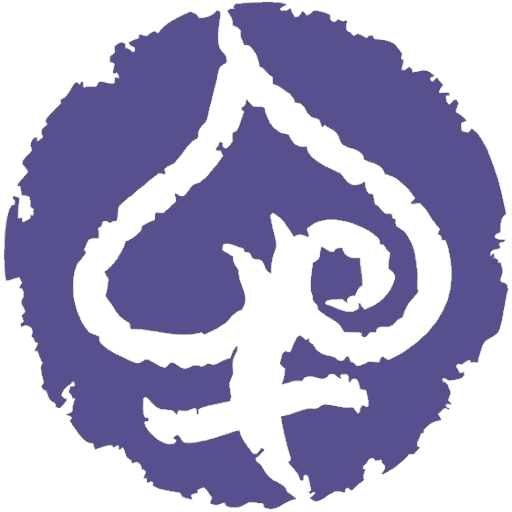Image credit: PhilStar.com
The Philippines climbed two notches in this year’s World Economic Forum report measuring gender equality among 145 countries globally and remains the Asia-Pacific region’s highest-ranked country.
The country’s position in this year’s Global Gender Gap Index jumped to seventh place from last year’s ninth, with the Philippines and New Zealand the only Asia-Pacific countries making it to the top 10.
“Now at seventh worldwide, it (Philippines) has closed 79 of its gender gap, by far the highest of any Asian country,” the WEF report stated.
Iceland remained the most gender-equal country in this year’s list, followed by Norway, Finland, Sweden and Ireland.
Rwanda ranked sixth, followed by the Philippines at seventh. Switzerland, Slovenia, and New Zealand completed the top 10 worldwide.
In Asia and the Pacific, the countries which made it to the top 10 aside from the Philippines and New Zealand were Australia, Lao PDR, Singapore, Mongolia, Thailand, Bangladesh, Vietnam and Sri Lanka.
These other Asia Pacific countries, however, ranked 30th place and above in the global index.
The lowest performing countries from the region are Fiji (121st), Iran (141st) and Pakistan (144th).
China was 91st, with its ranking slightly decreasing due to a further drop in the sex ratio at birth. Indonesia (92nd), Japan (101st) and India (108th) have all improved compared to last year on their overall score despite some losses in their economic scores.
The Global Gender Gap Index is measured based on four primary indicators which include economic participation and opportunity, education, political empowerment, and health and survival.
“Despite an additional quarter of a billion women entering the global workforce since 2006, wage inequality persists, with women only now earning what men did a decade ago,” the WEF report said.
“The global gender gap across health, education, economic opportunity and politics has closed by only four percent in the past 10 years, with the economic gap closing by just three percent, suggesting it will take another 118 years to close this gap completely,” it added.
For the Philippines score card this year, the WEF said the major improvement was seen in the economic participation and opportunity indicator after the country recorded more female legislators, senior officials and managers, as well as professional and technical workers.
Read the rest of the story here.
News story from PhilStar.

